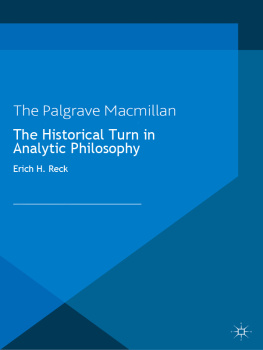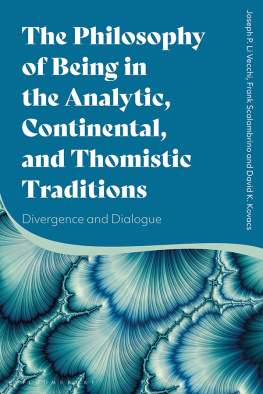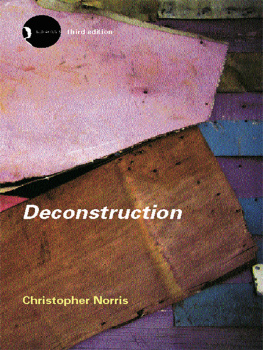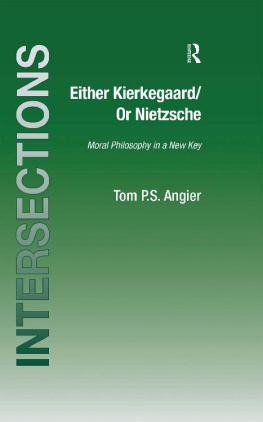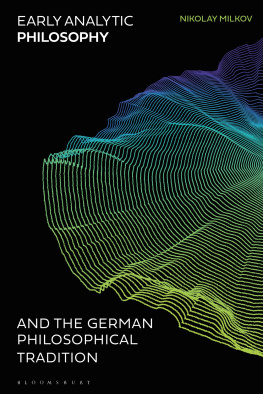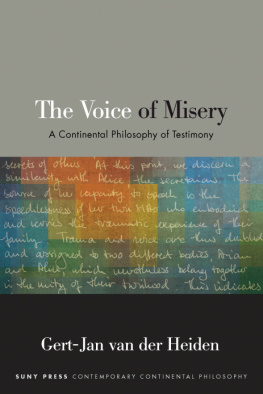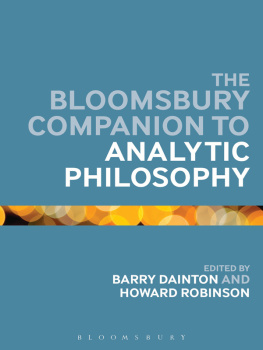Continuum Studies in Continental Philosophy
Derrida, Badiou and the Formal Imperative
Continuum Studies in Continental Philosophy
Continuum Studies in Continental Philosophy is a major monograph series from Continuum. The series features first-class scholarly research monographs across the field of Continental philosophy. Each work makes a major contribution to the field of philosophical research.
Adornos Concept of Life , Alastair Morgan
Badiou, Marion and St Paul , Adam Miller
Being and Number in Heideggers Thought , Michael Roubach
Deleuze and Guattari , Fadi Abou-Rihan
Deleuze and the Genesis of Representation , Joe Hughes
Deleuze and the Unconscious , Christian Kerslake
Deleuze, Guattari and the Production of the New , edited by Simon OSullivan
and Stephen Zepke
Derrida , Simon Morgan Wortham
Derrida and Disinterest , Sean Gaston
Derrida: Profanations , Patrick OConnor
The Domestication of Derrida , Lorenzo Fabbri
Encountering Derrida , edited by Simon Morgan Wortham and Allison Weiner
Foucaults Heidegger , Timothy Rayner
Gadamer and the Question of the Divine , Walter Lammi
Heidegger and a Metaphysics of Feeling , Sharin N. Elkholy
Heidegger and Aristotle , Michael Bowler
Heidegger and Logic , Greg Shirley
Heidegger and Nietzsche , Louis P. Blond
Heidegger and Philosophical Atheology , Peter S. Dillard
Heidegger Beyond Deconstruction , Michael Lewis
Heidegger, Politics and Climate Change , Ruth Irwin
Heideggers Early Philosophy , James Luchte
Idealism and Existentialism , Jon Stewart
Kant, Deleuze and Architectonics , Edward Willatt
Levinas and Camus , Tal Sessler
Merleau-Pontys Phenomenology , Kirk M. Besmer
Nietzsche, Nihilism and the Philosophy of the Future , edited by Jeffrey Metzger
Nietzsches Ethical Theory , Craig Dove
Nietzsches Thus Spoke Zarathustra , edited by James Luchte
The Philosophy of Exaggeration , Alexander Garcia Dttmann
Sartres Phenomenology , David Reisman
Time and Becoming in Nietzsches Thought , Robin Small
Whos Afraid of Deleuze and Guattari? Gregg Lambert
iek and Heidegger , Thomas Brockelman
ieks Dialectics , Fabio Vighi
Derrida, Badiou and the Formal Imperative
Christopher Norris

For Douglas and Lynne
Continuum International Publishing Group
A Bloomsbury company
50 Bedford Square | 80 Maiden Lane |
London | New York |
WC1B 3DP | NY 10038 |
www.continuumbooks.com
Christopher Norris 2012
All rights reserved. No part of this publication may be reproduced or transmitted in any form or by any means, electronic or mechanical, including photocopying, recording, or any information storage or retrieval system, without prior permission in writing from the publishers.
The author has asserted his right under the Copyright, Designs and Patents Act, 1988, to be identified as the Author of this work.
British Library Cataloguing-in-Publication Data
A catalogue record for this book is available from the British Library.
ePub ISBN: 978-1-4411-9397-1
Library of Congress Cataloging-in-Publication Data
Norris, Christopher, 1947-
Derrida, Badiou, and the formal imperative / Christopher Norris.
p. cm. (Continuum studies in Continental philosophy)
Includes bibliographical references and index.
ISBN 978-1-4411-2832-4 ISBN 978-1-4411-3992-4 (ebook (pdf)) 1. Derrida, Jacques. 2. Badiou, Alain. 3. Continental philosophy. 4. Analysis (Philosophy) I. Title.
B2430.D484N67 2012
194dc23
2012004675
Typeset by Deanta Global Publishing Services, Chennai, India
Contents
Many thanks (once again) to my colleagues and post-graduate students in the Cardiff Philosophy Section for providing a lively and congenial environment in which to think through some of the knottier issues raised in this book. I have prefaced a good many other books with similar expressions of gratitude over the past 20 years or so but I am happy to say it once again, with some new colleagues and a great many new students presently in mind.
Beyond that, thanks also to the various people who have helped with comments, queries or suggestions along the way, or who have made some other contribution perhaps unknowingly in the course of conversation or by way of correspondence. In one way or another this mostly had to do with my growing interest in Badiou and their willingness to invite me as a visiting speaker, or to comment on various items of work-in-progress, or to take me on as their PhD supervisor (this being just the right way to phrase it since I have learnt a great deal from our exchanges over the past couple of years). Although the list is very far from complete, let me mention especially Alison Assiter, Burhan Baki, Manuel Barbeito, Jason Barker, Tom Constant, Paul Ennis, Fabio Gironi, Peter Hallward, Kathy Kerr, Christian Kerslake, Rafe McGregor, Dmitris Vardulakis and Patricia Waugh. Then of course there were those nearer home who helped me, if not to get the work/life balance right, then at least to get it a bit less drastically out of kilter. Anyway I have many reasons to thank Robin Attfield, Clive Cazeaux, Ray Davies, Andrew and Grace Edgar, David Edwards, Terry Hawkes, Wendy Lewis, Laurence and Helen Peddle, Meic Petersen, Rhian Rattray, Rob and Helen Stradling, Chris and Sue Thorkelson, Alison Venables, Barry Wilkins and Robin Wood. Shelley Campbell saw me through all manner of crises, major and minor, as the work went along and managed to strike just the right balance between sympathetic concern and sanity-restoring amusement.
Among the three very helpful, generous and expert anonymous readers whom Continuum asked to review this project at an embryonic stage was (I surmise) Antonio Calcagno whose own book Badiou and Derrida: Politics, Events and Their Time had appeared some three years previously, also from Continuum. I must confess that I came to his study belatedly after the present work had gone to press but of course made a point of chasing it up when I learnt of its existence. As it happens, or as luck would have it, he and I go very different ways around in constructing our respective cases for the deep affinity that we both perceive between Derridas and Badious projects. Where the emphasis of my book falls mainly on Derridas earlier, more analytical texts those that give maximum purchase for an approach through philosophy of language, logic and the formal sciences Calcagno looks chiefly to the later Derrida and to writings that explicitly address or thematize the kinds of issue flagged in his books subtitle. Where my own focus is very much on Badious mathematical thinking as a formal point of entry and key to his thinking about philosophy, politics and art, Calcagno is more directly concerned with Badious idea of the life- or world-transformative event as that which institutes a radically changed relationship between subjectivity and its various defining, that is, truth-oriented projects and conditions. In consequence, Calcagno has a lot more to say about Derridas expressly political texts, most of them dating from his last two decades and treating what he takes to be the deeply paradoxical or aporetic nature of ethically charged topoi such as hospitality, forgiveness, democracy, justice, decision and responsibility. While making occasional reference to those texts and seeking to point up their continuities with what went before I put the case that any adequately theorized politics of deconstruction will need to go by way of a formal analysis that starts by engaging the logical complexities of the early work and only then, on the strength of that, proceeds to an assessment of the later Derridas more overt social and ethico-political concerns. As a result, we present two sharply contrasting accounts of Derrida and Badiou, not only as regards their individual aims, methods and priorities but also with respect to those points of convergence between their two projects that Calcagno and I both seek to bring out but which we interpret in very different ways. At any rate, I am grateful to him for airing some pertinent queries at a timely stage and for not letting these differences get in the way of a constructive and thoughtful review.
Next page


